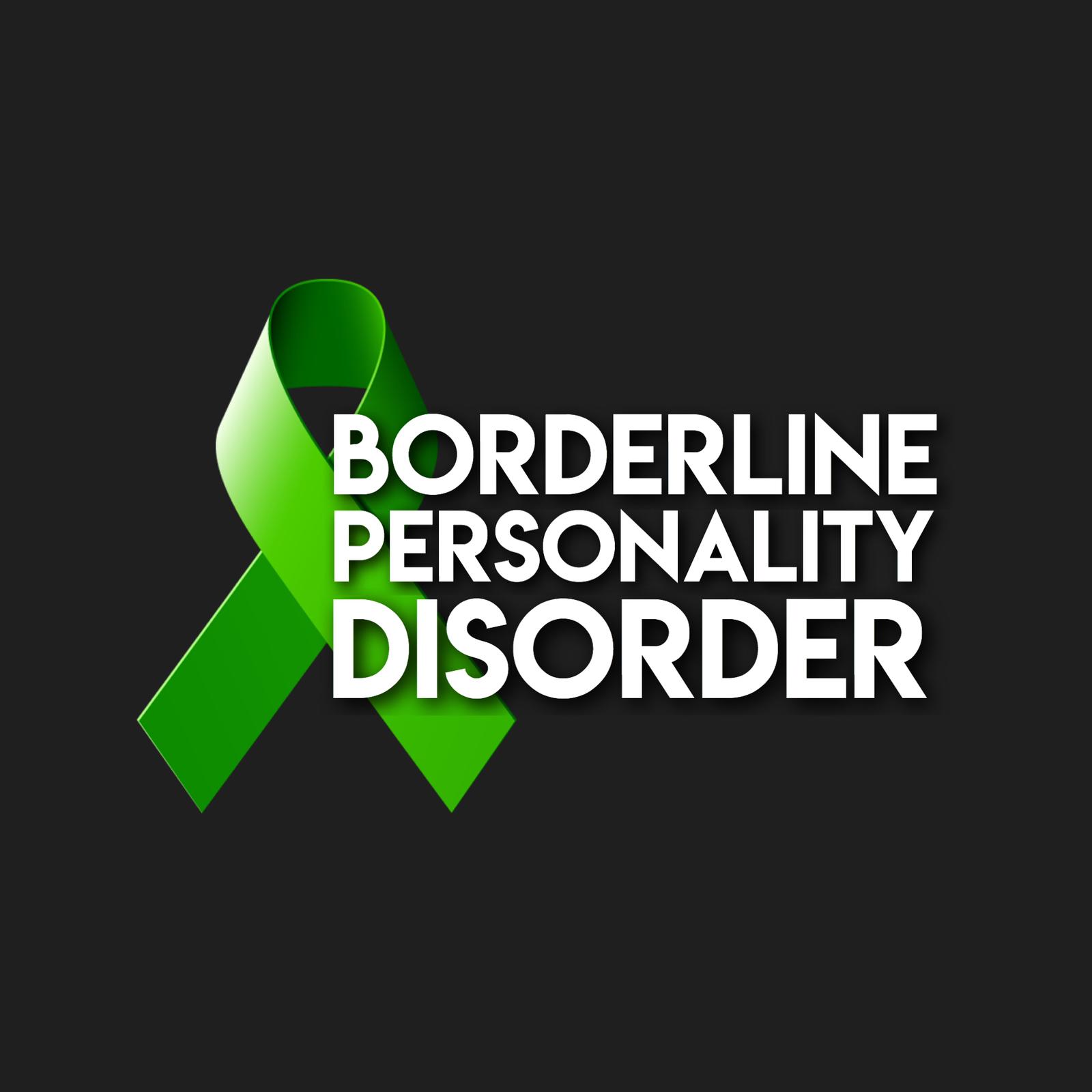Borderline Personality Disorder
What is BDP?
BDP is not just because of your unstable emotions or relationships, but also the wavering sense of who you are. Your self-image, goals, and even your likes and dislikes may change frequently in ways that feel confusing and unclear. People with BPD tend to be extremely sensitive. Small things can trigger intense reactions. And once upset, you have trouble calming down. It's easy to understand how this emotional volatility and inability to self-soothe leads to relationship turmoil and impulsive-even reckless-behavior. When you're in the throes of overwhelming emotions, you're unable to think straight or stay grounded. You may say hurtful things or act out in dangerous or inappropriate ways that make you feel guilty or ashamed afterwards. It's a painful cycle that can feel impossible to escape.
The 9 symptoms of BPD
Fear of abandonment
People with BPD are often terrified of being abandoned or left alone. Even something as innocuous as a loved one arriving home late from work or going away for the weekend may trigger intense fear. This can prompt frantic efforts to keep the other person close. You may beg, cling, start fights, track your loved one's movements, or even physically block the person from leaving. Unfortunately, this behavior tends to have the opposite effect-driving others away.
Unstable relationships
People with BPD tend to have relationships that are intense and short-lived. You may fall in love quickly, believing that each new person is the one who will make you feel whole, only to be quickly disappointed. Your relationships either seem perfect or horrible, without any middle ground. Your lovers, friends, or family members may feel like they have emotional whiplash as a result of your rapid swings from idealization to devaluation, anger, and hate.
Unclear or shifting self-image
When you have BPD, your sense of self is typically unstable. Sometimes you may feel good about yourself, but other times you hate yourself, or even view yourself as evil. You probably don't have a clear idea of who you are or what you want in life. As a result, you may frequently change jobs, friends, lovers, religion, values, goals, or even sexual identity.
Impulsive, self-destructive behaviors
If you have BPD, you may engage in harmful, sensation-seeking behaviors, especially when you're upset. You may impulsively spend money you can't afford, binge eat, drive recklessly, shoplift, engage in risky sex, or overdo it with drugs or alcohol. These risky behaviors may help you feel better in the moment, but they hurt you and those around you over the long-term.
Self-harm
Suicidal behavior and deliberate self-harm is common. Suicidal behavior includes thinking about suicide, making suicidal gestures or threats, or actually carrying out a suicide attempt. Self-harm encompasses all other attempts to hurt yourself without suicidal intent. Common forms of self-harm include cutting and burning.
Extreme emotional swings
Unstable emotions and moods are common with BPD. One moment, you may feel happy, and the next, despondent. Little things that other people brush off can send you into an emotional tailspin. These mood swings are intense, but they tend to pass fairly quickly (unlike the emotional swings of depression or bipolar disorder), usually lasting just a few minutes or hours.
Chronic feelings of emptiness
People with BPD often talk about feeling empty, as if there's a hole or a void inside them. At the extreme, you may feel as if you're "nothing" or "nobody." This feeling is uncomfortable, so you may try to fill the void with things like drugs, food, or sex. But nothing feels truly satisfying.
Explosive anger
If you have BPD, you may struggle with intense anger and a short temper. You may also have trouble controlling yourself once the fuse is lit-yelling, throwing things, or becoming completely consumed by rage. It's important to note that this anger isn't always directed outwards. You may spend a lot of time feeling angry at yourself.
Feeling suspicious or out of touch with reality
People with BPD often struggle with paranoia or suspicious thoughts about others' motives. When under stress, you may even lose touch with reality-an experience known as dissociation. You may feel foggy, spaced out, or as if you're outside your own body.
Treatment
Borderline personality disorder is primarily treated with psychotherapy along with medications that can be used to treat some of the symptoms, such as anxiety and depression, that accompany BPD. Medications are also used to reduce impulsivity or cravings for substances.
Prevention after being diagnosed
Pay attention to warning signs
Addressing symptoms early on can prevent episodes from getting worse. You may have identified a pattern to your bipolar episodes and what triggers them. Call your doctor if you feel you're falling into an episode of depression or mania. Involve family members or friends in watching for warning signs.
Avoid drugs and alcohol
Using alcohol or recreational drugs can worsen your symptoms and make them more likely to come back.
Take your medications exactly as directed
You may be tempted to stop treatment - but don't. Stopping your medication or reducing your dose on your own may cause withdrawal effects or your symptoms may worsen or return.

